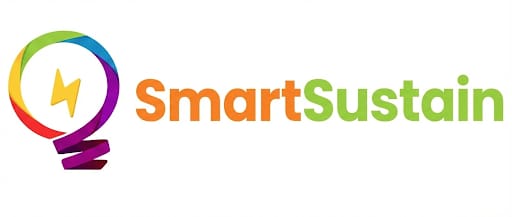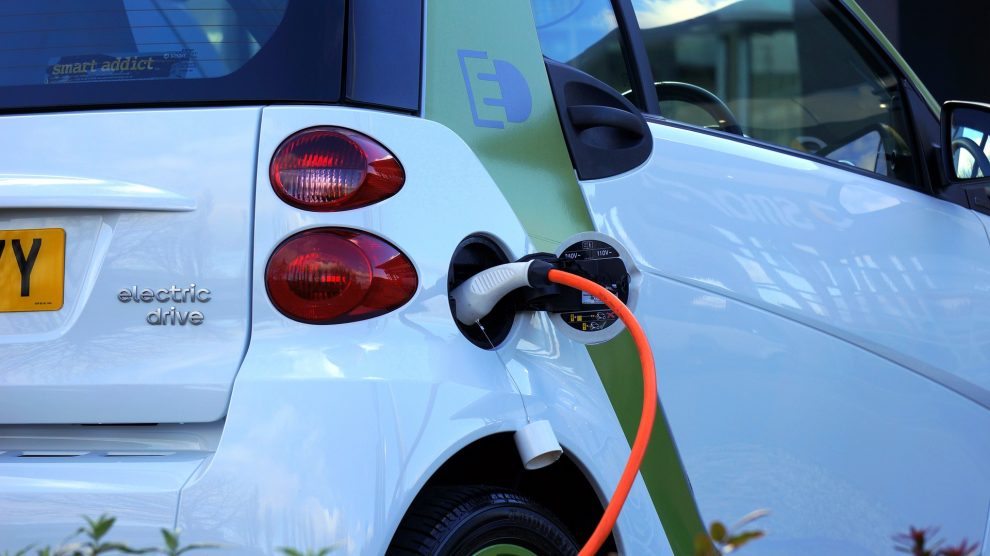The new silicon anode batteries will result in an EV with 30% more range than existing EVs
The biggest issue faced by electric vehicle (EV) users is range anxiety – which is the fear of running out of battery charge before reaching the nearest charging station. EV manufacturers world over are working incessantly to enhance and invent battery technology that increases the range (distance covered on a single charge) of the vehicles.
A company called Enevate in Irvine, California (CA) has engineered a porous film made of pure silicon that replaces the graphite anode in lithium-ion batteries. This, apparently, will give EVs a longer range. The founder of Enevate, Benjamin Park, has been working on developing this technology for over ten years. The new silicon anode batteries will result in an EV with 30% more range than existing EVs. The newly enhanced Enevate batteries can be charged in five minutes to deliver 400 km of driving range.
A lithium-silicon battery is a lithium-ion (Li-ion) battery technology which employs a silicon based anode and lithium ions as charge carriers. Due to silicon’s specific capacity being larger than that of graphite’s, silicon can hold more ions, and therefore more energy, than a graphite based anode. However, silicon contracts and expands a lot more and the chances of it disintegrating after a few charge cycles are higher.
To combat this issues, Enevate has engineered a porous film made mostly of silicon, and no plastic binders whatsoever. This patented technology generates a porous 10 to 60 micrometre (µm) thick silicon film directly on a copper foil. This is also accompanied by a nanometre thick protective coating which prevents the silicon from reacting with the electrolyte, preventing battery erosion. The silicon need not be of high quality and therefore battery costs are brought down. The use of a silicon anode facilitates lithium ions to slip in and out quickly enabling fast charging of the battery. Ideally, the battery is charged to 75% of its capacity in five minutes.
Enevate has a roll to roll processing technique where silicon anodes can be manufactured quickly for high volumes of product. Combining the silicon anode with popular materials used for cathodes like nickel-manganese-cobalt, the company has created batteries with energy densities up to 350 watt-hours per kilogram, which is about 30% more than the specific energy of contemporary lithium ion batteries. The company is collaborating with big automobile players to develop custom battery cells that will be ready for EVs rolled out in 2024-25.
Coming in 2020 are various other battery storage technologies that are promising enough to give strong competition to li-ion batteries. Sulphur flow batteries, electricity to hydrogen batteries, zinc bromine flow batteries, thermovoltaics, electricity to magnesium manganese are some battery storage technology that may prove to be scalable and of significant commercial value.
Automobile stakeholders like Nissan, Renault and Mitsubishi, and battery manufacturers like LG Chem and Samsung are investors in Enevate’s new venture. To add to the company’s credibility is Chemistry Nobel Prize winner John Goodenough who is on the company’s advisory board.














Add Comment